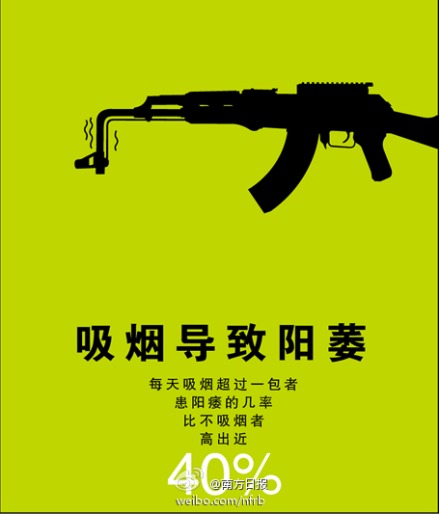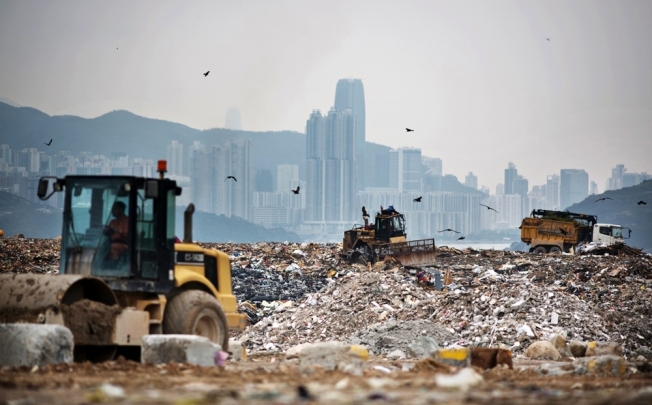Shenzhen is China’s Healthiest City, Other PRD Cities in Top Ten
Posted: 06/27/2014 8:51 pmThe Chinese Academy of Social Sciences (CASS) certainly likes to make lists, and last we heard, Guangdong did not fare very well for being called the province with the worst public image throughout all of China.
But don’t go hatin’, playa. If you’ve been paying attention to the many lists CASS releases, you’ll see that Guangdong actually scores very highly as a great place to live in China, and this latest list is no different.
The “green paper” released by the Research Center for Social Development of the Chinese Academy of Social Sciences has named Shenzhen the healthiest city in all of China in 2014, particularly in regards to its citizens’ way of life, according to the official Weibo account for Shenzhen.
Fellow Pearl River Delta city Guangzhou was awarded the second spot, and neighboring Zhuhai was given seventh spot.
Beijing was listed in tenth position. Its citizens are apparently only able to live healthily into their 50s.
Alas, perhaps because it is the only city in China with 50 billionaires, Shenzhen is also named one of the highest consumers of electricity in the country. It has the highest energy consumption per unit of GDP, second only to Huangshan, in Anhui Province.
Related:












